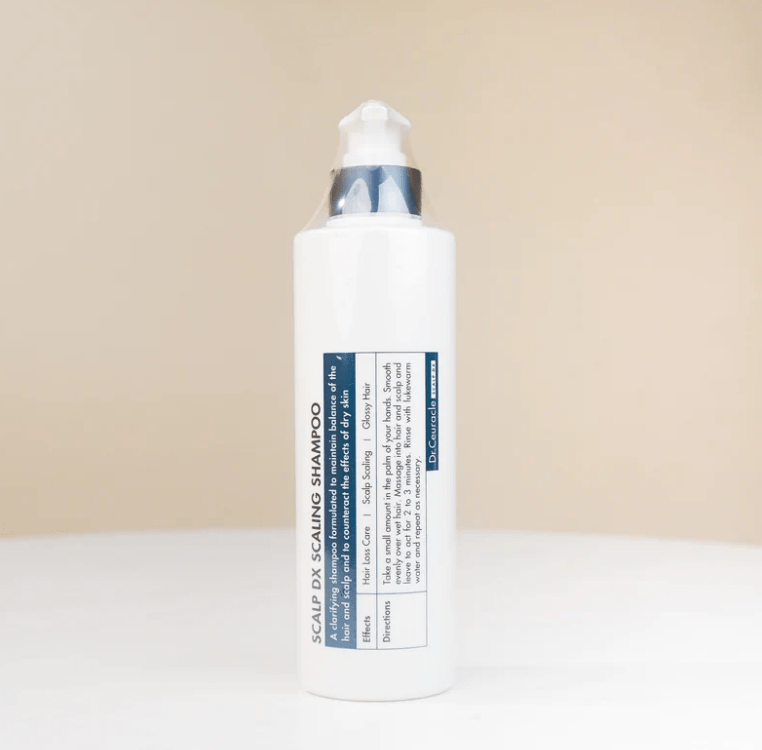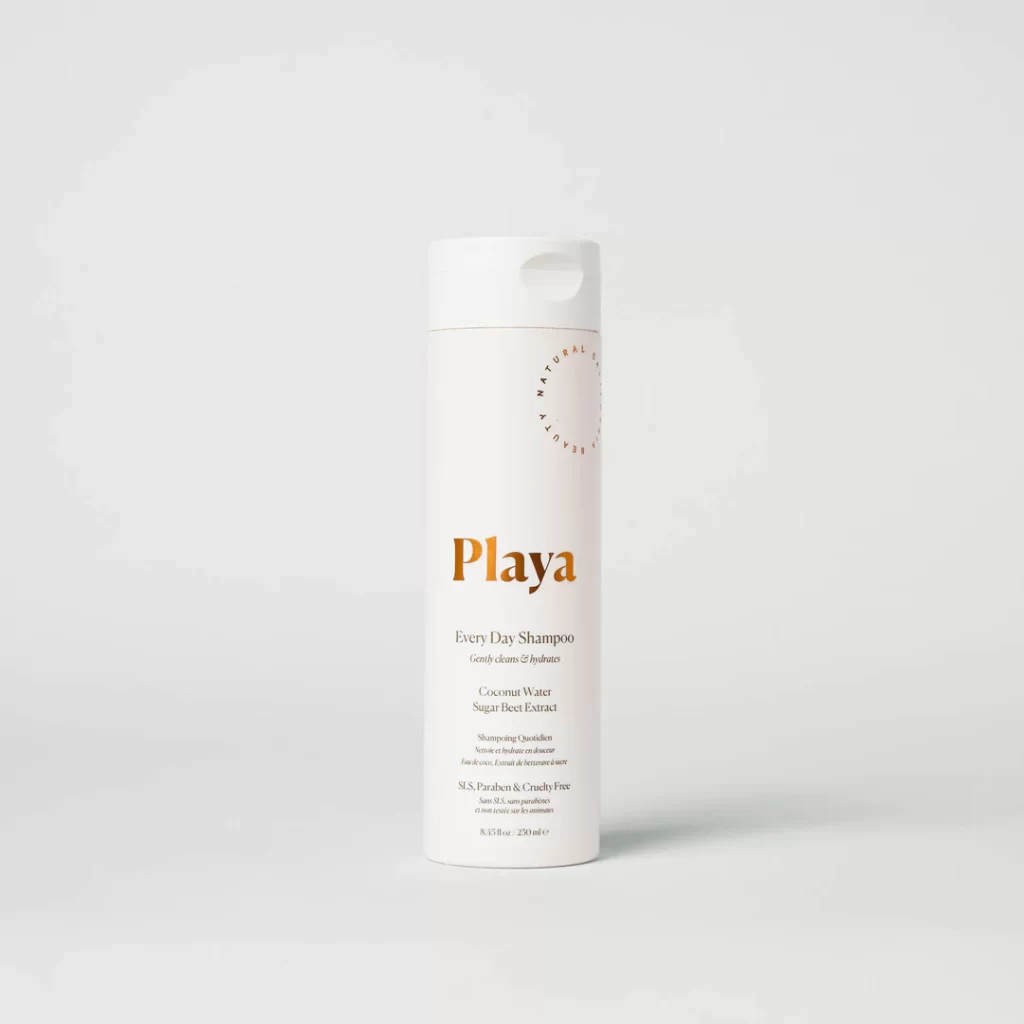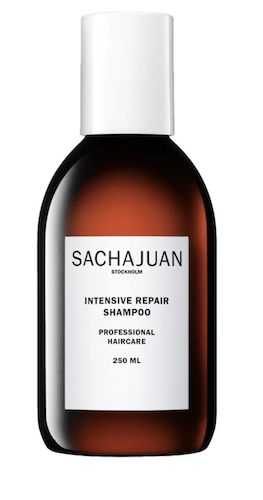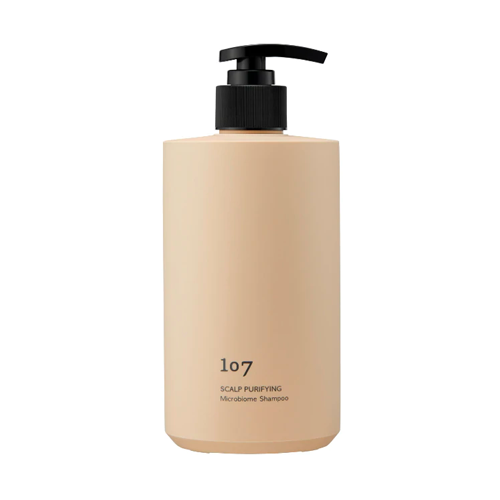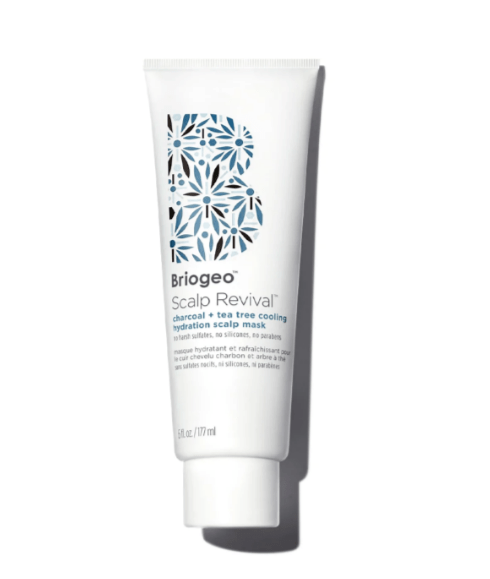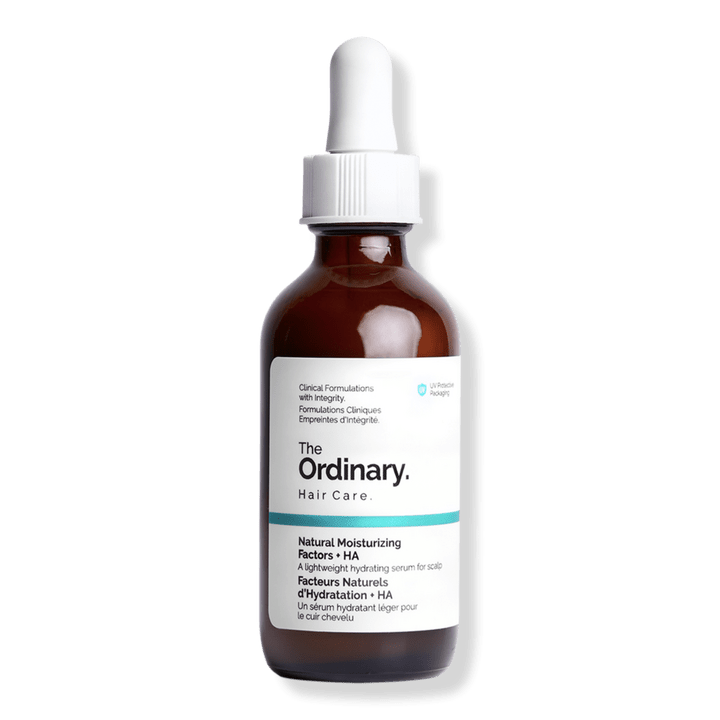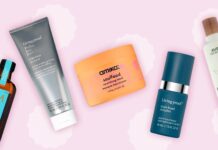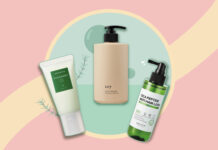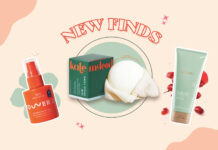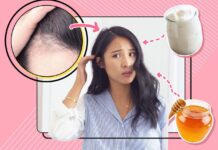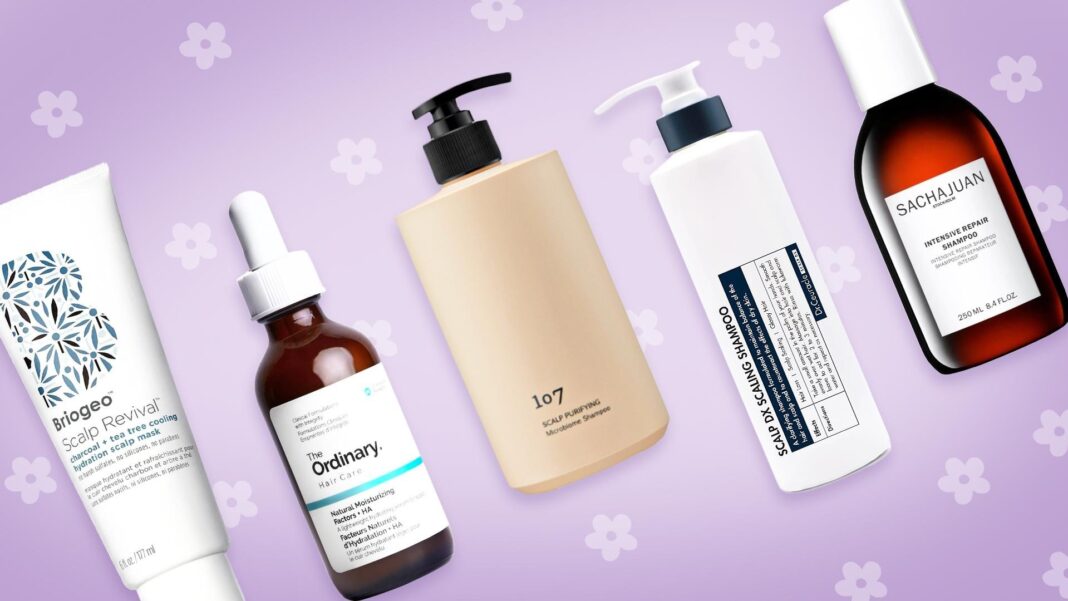
Scalp care usually isn’t a top priority when it comes to haircare or skincare. But the skin that’s on top of our minds (literally!) is the intersection of hair and skin. Our scalp is like a garden; if you tend to it well, it will be the flower bed for your hair to flourish. However, neglecting your scalp can lead to issues like hair loss. So how do you take care of what’s under your hair?
What does your scalp do?
Aside from growing beautiful (and sometimes unruly) hair, our scalp protects us from infection, pollutants, and the sun’s harmful UV rays. Your scalp is an extension of your face, which means it also needs to be cleaned, exfoliated, and hydrated to stay healthy. While the skin on your scalp is the same as the rest of your body, it has two extra layers of tissue for all the oil glands and thousands of hair follicles.
Signs of a healthy scalp
A healthy scalp is free of dried flakes, redness, infection, and unpleasant sensations like burning, tenderness, or itching. When you or a loved one sees your scalp, it should remain clear and translucent without being too oily or dry.
Signs of an unhealthy scalp
Likewise, an unhealthy scalp can show up as one or multiple concerns over a period of time. Some common symptoms include the following:
- Irritation
- Redness
- Tenderness
- Burning
- Bumps / acne
- Excessive oiliness
- Strange odor
- Dandruff/ Flakiness
- Acne
- Hair loss
- Sunburn
If you don’t see any improvements in your scalp despite trying everything, it’s best to see a dermatologist or doctor to see if there’s an underlying health issue that needs to be addressed.
How do I take care of my scalp?
Before you run out to buy products, it’s a good idea to assess your current habits first before seeking help.
- Are you wearing your hair in tight hairstyles?
- Are you rough when washing your hair?
- Do you wash your hair too much or too little?
Fortunately, most cases of an unhealthy scalp can be reversed when you’re mindful of the way you style or wash your hair. Instead of scrubbing your hair to remove build-up, you can gently massage your hair with your fingertips (not your nails) while shampooing, and avoid spreading your conditioner to your scalp to prevent buildup. If your scalp and hair are on the oilier side, try not to over wash your hair, since over washing can strip your hair of its natural oils and cause your scalp to produce more oil. You can also consider incorporating a dry shampoo in between washes to help keep your hair looking fresh! If your scalp and hair are on the drier side, you can look for moisturizing shampoos, conditioners and treatments.
What scalp care products should I use?
Just like how you’d use a cleanser, exfoliant, and a moisturizer to maintain your face, you can use the same steps for scalp care. It may sound tedious but fortunately, we have some incredible scalp care products in the market! So instead of using these steps separately (you can, if you have the time for it!), you can look for a product that combines all the steps into one!
But before you reach for any product, you need to consider whether your hair is naturally oily or dry. This way, you can find products containing ingredients best suited for your scalp type and concerns. Here’s a brief breakdown:
For oily scalp:
- You can look for sulfate-free shampoos. Sulfates are surfactants or foaming agents in shampoo that build up a lather. These surfactants absorb oil and dirt from our scalp but can also strip hair of natural oils. These natural oils coat your scalp and hair to maintain hydration, so it’s essential to find a balance.
- You look look for a shampoo formulated with salicylic acid, tea tree oil, Zinc PCA, and/or rosemary oil to help balance your scalp’s sebum production.
For dry scalp:
- You can look for shampoos or treatments that contain moisturizing ingredients like coconut oil, and seed oils like jojoba or argan kernel oils.
- For the particularly flaky scalp, you can consider incorporating a shampoo or treatment containing charcoal, salicylic acid, or tea tree oil.
- If your scalp is especially flaky due to dandruff, you can look for products containing Zinc Pyrithione or salicylic acid.
Shampoos for Oily Hair
Shampoos for Dry Hair
Scalp Care Treatments and Serums
Check our collection of products here: https://shopmy.us/collections/70070
Want to see more discount codes? Check out the link: https://shopmyshelf.us/collections/51665
For more information about building a scalp care routine, check out the full video:
Sign up for our free online newsletter: https://bwth.in/newsletter
Shop all of our curated faves at: https://bwth.in/shop
Subscribe to our YouTube Channel for more information and product recommendations: https://bwth.in/subscribe

